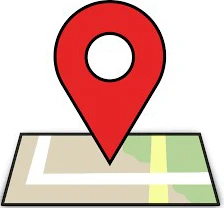Multicultural Canada
Canada’s multiculturalism is displayed in its cities, from Vancouver‘s Chinatown to Toronto‘s Little Italy. But what are the origins of this cultural diversity? This article explores the history of immigration to Canada and how it has shaped the country we know today. Canada has adopted a multicultural and multi-religious society, as opposed to the melting …
